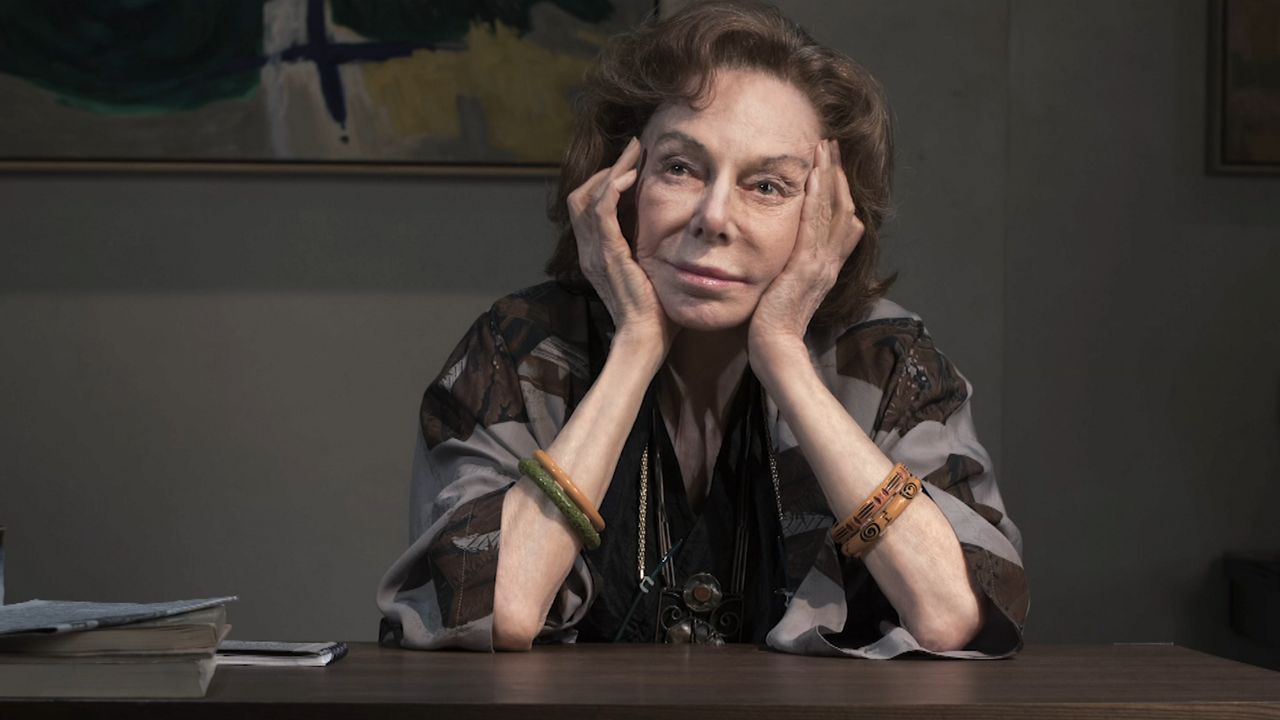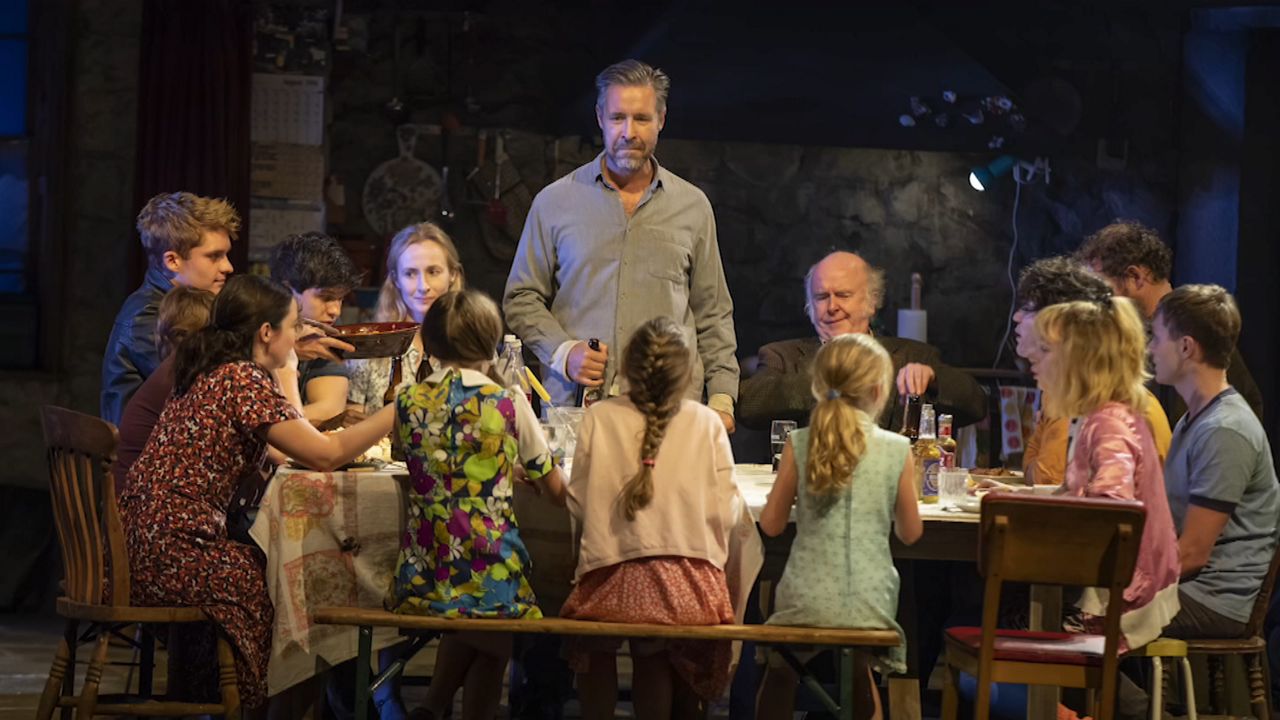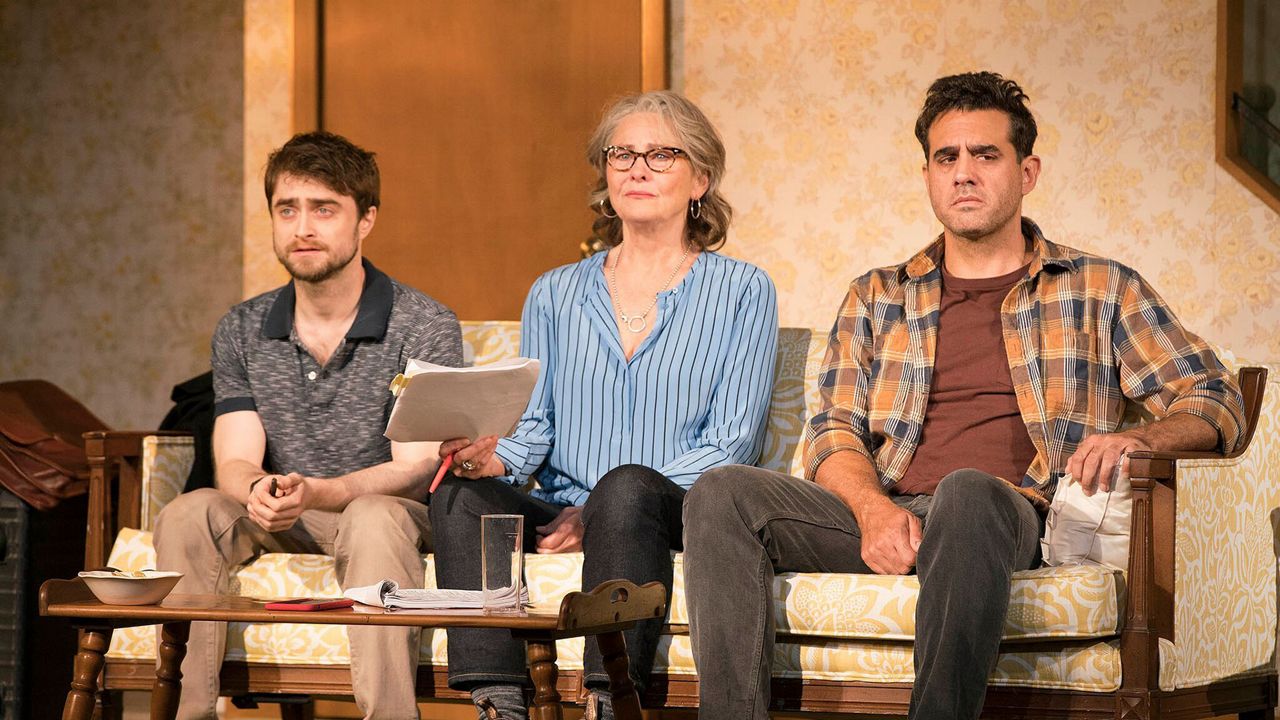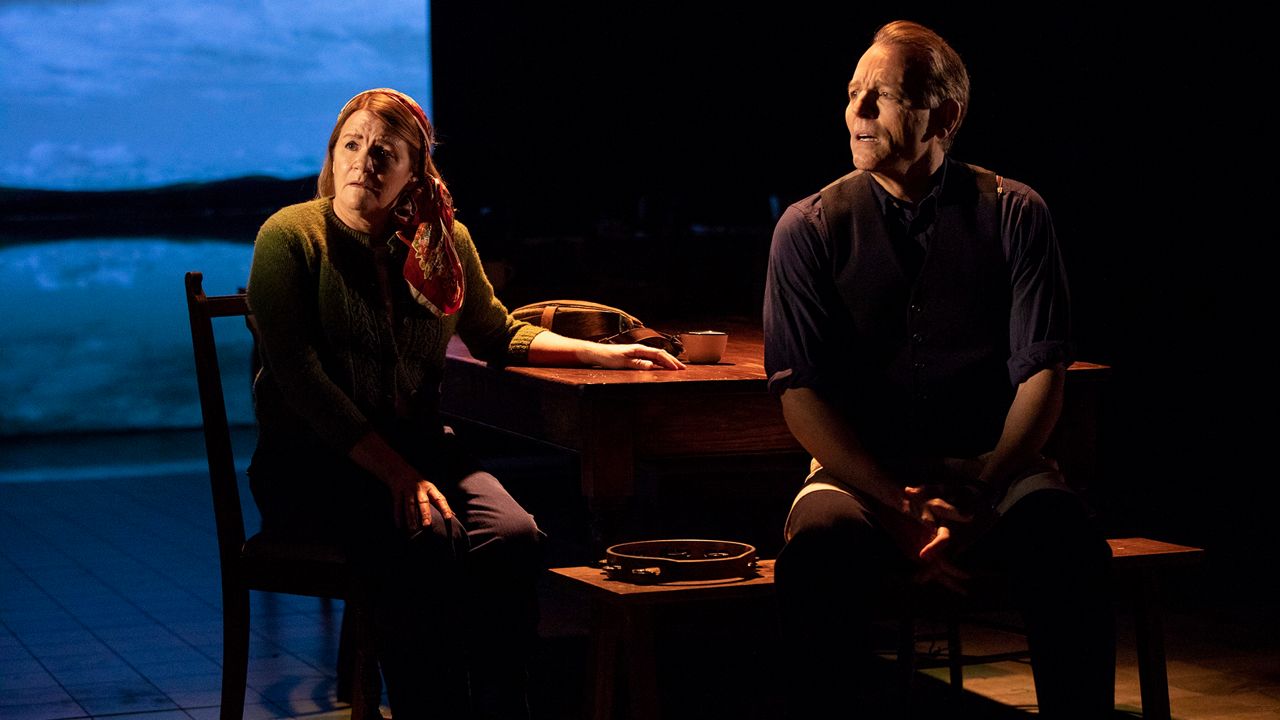"Downton Abbey" star Elizabeth McGovern is back on Broadway after a long absence in a revival of "Time & The Conways," which opened this week at the American Airlines Theatre. NY1's Roma Torre filed the following review.
"Time And The Conways" by J.B. Priestley is being revived in a beautifully realized production by the Roundabout Theatre. Last seen on Broadway back in 1938 when it premiered, its bittersweet message bridges those 8 decades with a profound and timely resonance.
It starts slow with a first act centered on the 21st birthday of Kay Conway, one of six siblings enjoying a life of affluence with their widowed mother. The year is 1919 just after the war, a time filled with hope and a sense of renewal. But there’s also a sense that time is being squandered with frivolous pursuits - they play games and dream of fairy tale endings seemingly oblivious to the fractured world around them.
And then comes Act 2, reversing tone completely with a shift in time and setting tellingly evoked by Neil Patel’s scenic design and director Rebecca Taichman’s deft staging. It’s now 1937 and the family gathers yet again, only fate has not been kind. Plagued by financial woes and misfortune, their best laid plans have failed them.
Priestley, a playwright known for his fascination with metaphysics, adds a fourth dimension to this family drama and by Act 3, returning to 1919 we see these flawed characters through a magnified lens; effectively creating a mirror for the rest of us to see ourselves.
Each of the actors delivers highly nuanced portraits with individual moments to shine. Gabriel Ebert stands out as Alan, the least likely to succeed among them and therefore the truest character. And Elizabeth McGovern, known for playing a very different mother in "Downton Abbey," is most impressive here. Her Mrs. Conway is devoted yet selfish; loving yet blind - it’s a difficult part that she pulls off with tremendous flair.
With its mystical tangent, “Time And The Conways” brings to mind Thornton Wilder's “Our Town”. Both are deeply personal works baring the universal theme that there is no joy without the woe.









